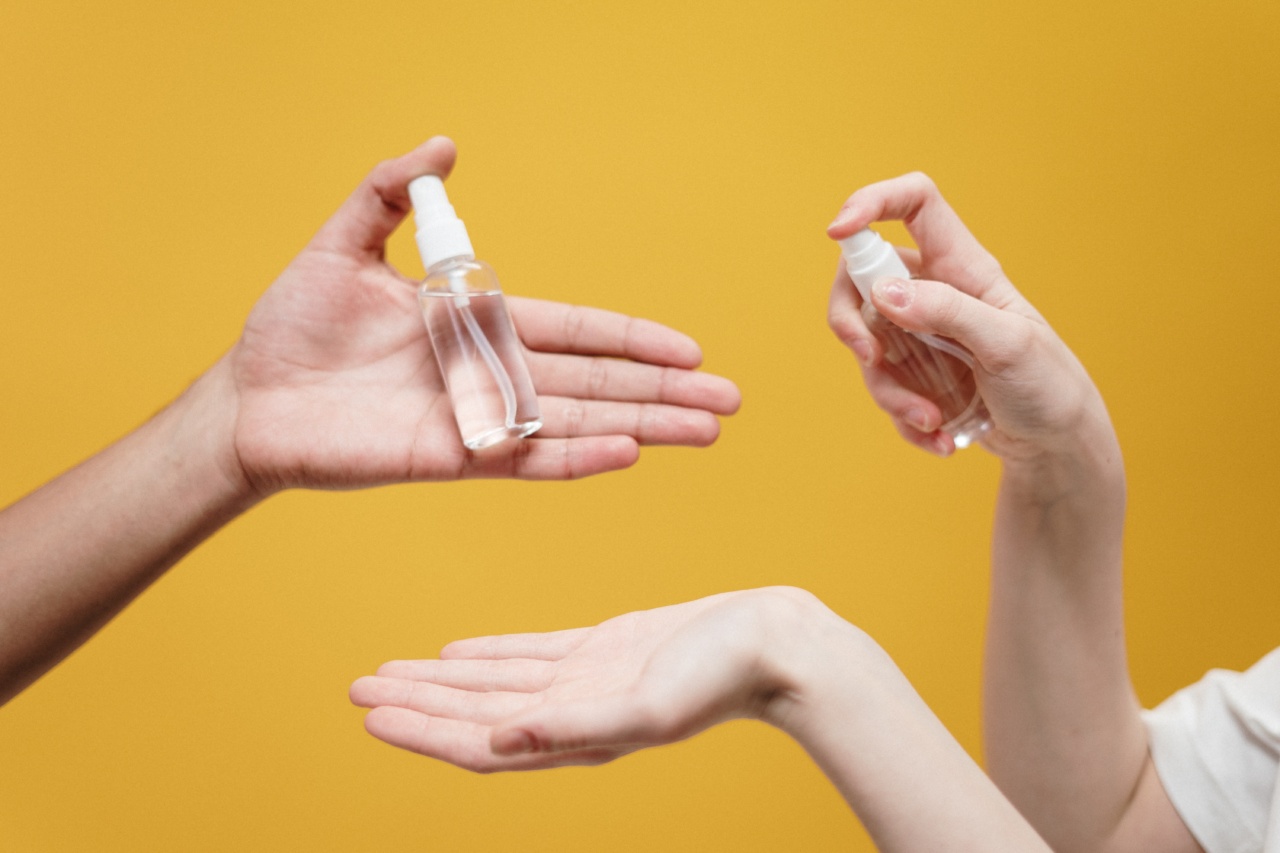Alcohol is a widespread substance consumed globally in various quantities and styles. Although it impacts differently on individuals based on many factors such as age, gender, weight, liver health, and so forth.
Certain studies have reported that a small quantity of alcohol, particularly red wine, could reduce the risk of stroke and heart disease.
What is stroke?
Before we discuss the impact of alcohol on stroke prevention, it is essential to understand what stroke is. Stroke occurs when the blood supply to the brain is cut off, starving it of oxygen and other necessary nutrients.
This condition can cause severe side effects such as paralysis, loss of vision, impaired speech, and even death.
What are the types of stroke?
There are two main types of stroke which include;.
Ischemic stroke
Ischemic stroke occurs when a blood clot blocks the artery that carries blood to the brain. This type of stroke constitutes over 80% of all strokes.
Hemorrhagic stroke
Hemorrhagic stroke occurs when an artery in the brain bleeds. This type of stroke contributes to the remaining 20% of all strokes.
How alcohol prevents stroke?
A study conducted in 2009 by the Journal of Cerebral Blood Flow and Metabolism reported that alcohols such as wine, beer, and spirits consumed in moderate quantities may reduce the risk of stroke by preventing the formation of blood clots.
When alcohol enters the bloodstream, it interacts with platelets in the blood, preventing them from clumping together and forming clots. Additionally, alcohol also increases the production of HDL (good) cholesterol, which helps to remove deposits of harmful LDL (bad) cholesterol from the arteries.
What is an ideal amount of alcohol to prevent stroke?
The question is, what is the ideal amount of alcohol to prevent stroke? According to the National Institute of Alcohol Abuse and Alcoholism (NIAAA), moderate alcohol consumption for healthy adults is defined as:.
- Up to one drink a day for women
- Up to two drinks a day for men
It’s worth noting that these guidelines refer to standard drinks, which are:.
- A 12-ounce beer (5% alcohol content)
- A 5-ounce glass of wine (12% alcohol content)
- A 1.5-ounce shot of distilled spirits (40% alcohol content)
Additionally, excessive alcohol consumption can increase the risk of stroke and other severe health conditions such as liver disease, cancer, high blood pressure, and heart disease.
What if you don’t drink?
If you don’t drink alcohol, it is not advisable to start drinking for stroke prevention reasons. Other safer ways to reduce the risk of stroke and various other health conditions include:.
- Exercising regularly
- Eating a healthy diet
- Avoiding smoking
- Managing stress levels
- Maintaining a healthy weight
- Getting regular health check-ups
Conclusion
In conclusion, although alcohol consumption in moderate quantity may reduce the risk of stroke, it’s not a guarantee. Moderation should be adhered to, and excessive drinking should be avoided.
It is essential to note that stroke is a severe condition that can cause lasting damage or even death, and seeking medical attention urgently is vital if you suspect a stroke.





























